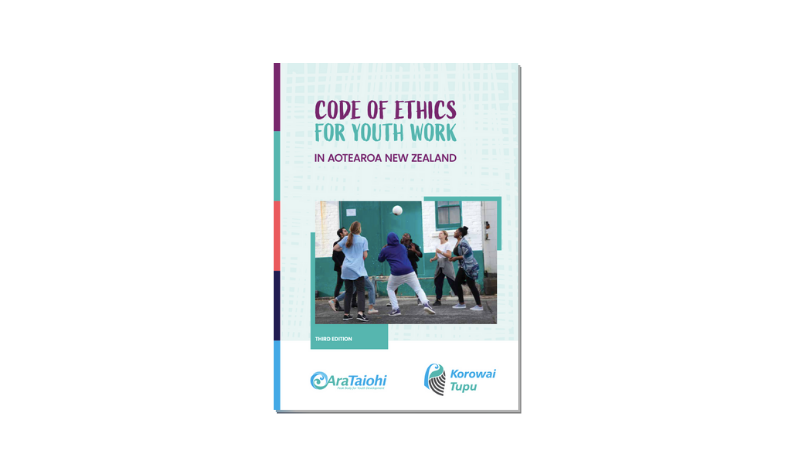THE CODE OF ETHICS
Hononga (Taiohi) | Insights
Please find an Insight to support further understanding of these clauses
Please find an Insight to support further understanding of these clauses
A young person comes out/ discloses to a youth worker they are trans. They do not want their parents to know.
Supporting young people to make their own decision about
coming out /disclosure
For some rainbow young people, disclosing their identity to whānau and loved ones can be an affirming experience that strengthens their relationships. More often, even if whānauare likely to be accepting, it can be scary or overwhelming to think about coming out/disclosure. Young people might worry about straining relationships, being alienated from people they love or disappointing people. In the worst cases, when things go badly with coming out/disclosure, young people can experience violence, emotional abuse and homelessness.
This young person has indicated they do not want their parents to know. There are a lot of potential reasons for this, and it may be based on risk or simply a personal preference.
“If you out someone there is a level of arrogance that you know best, you know their parents – you are the expert in their life. You have to let that person make that call. People want to tell their own story. You can really never know if it is safe for that person. You have to take the young person’s word for it.” – Young person, 16
Youth workers need to be careful not to force their views or values on the young person, but to offer what they can to help the young person make the decision for themself. Also consider seeking supervision for any ethical considerations (if the person is under 16 and seeking hormone blockers, the medical engagement will require parental support; often young people need to compromise about disclosure to whānau at some point).
In thinking about this, it is important to reflect on the following additional clauses:
15. Matatapu | Confidentiality
18. Kia Aroā | Self-awareness
19. Āu Ake Whāinga | Personal Agendas
20. Haumaru | Safety
21. Whakamana | Empowerment
NextTe Ao (Taiohi) | Insights
Our behaviour is guided by our ethics and our ethics are based in our values.
The Code of Ethics provides an agreed set of guidelines for youth work in Aotearoa to ensure that youth work is carried out in a safe, skilled, ethical manner.